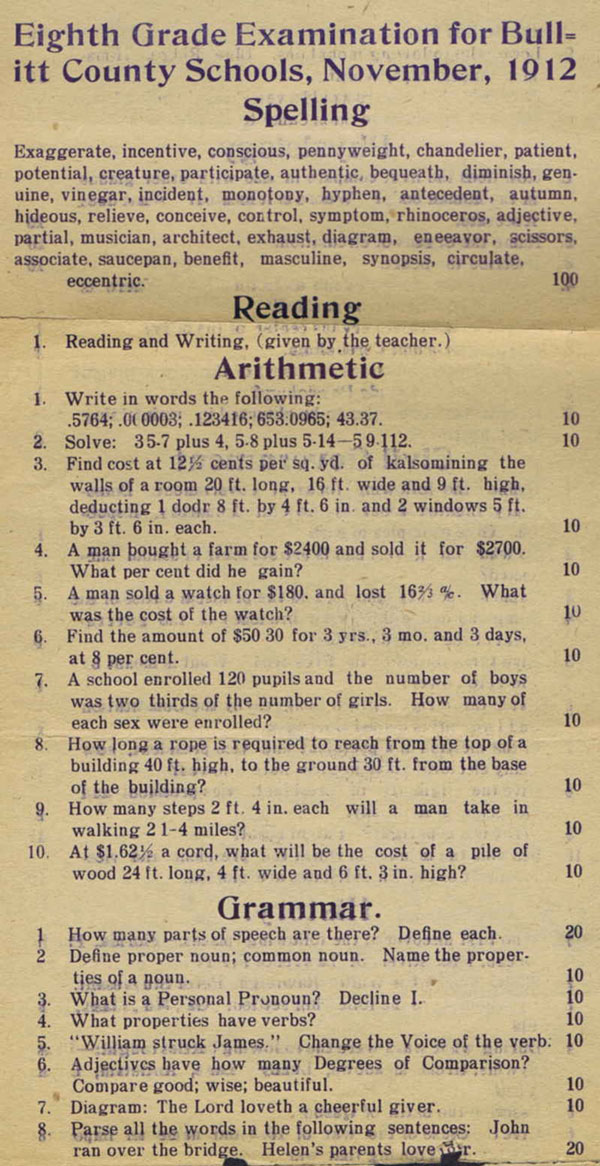kwillia
n/a
AP Test are hard because they have to cover the range of knowledge expected in order to move on to the next level of that subject matter. The scoring is 1 to 5. Most colleges only accept credits of 4 and 5 because of this expectation. It would be stupid to get a 3 or below and WANT to get credit and move on to the next level. That is a setup for failure when the costs are high and consequences huge!
Last edited:





